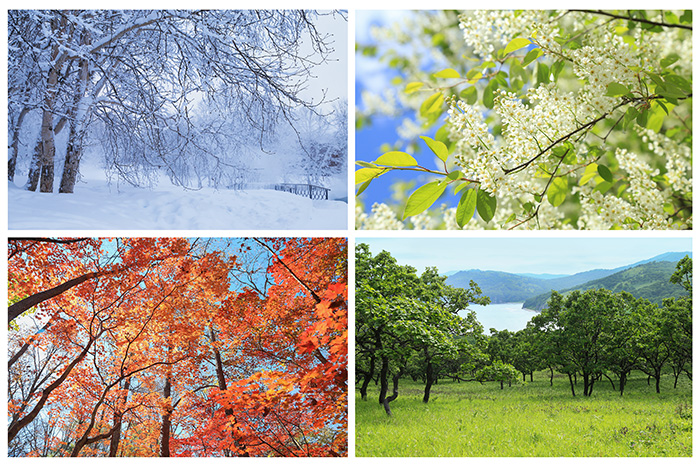
Lord Polonius: “What do you read, my lord?
Hamlet: Words, words, words.
— William Shakespeare
I am fascinated by and with words. The English language — the only language I know — has one of the biggest vocabularies. One estimate I read suggests that there is an active dictionary of between 170,000 to 250,000 words. The language takes and absorbs many words from other languages, modern and ancient, Scandinavian, Latin, Greek, African, plus I’m sure many others. Moreover, it is continually adding and subtracting words.
When I write, I have digital access to the Oxford Unabridged Dictionary as well as Webster’s, which is the most commonly used dictionary in US Publishing. These dictionaries help me — when writing historical fiction — to determine words that were spoken in certain periods, and which were not. When I wrote Crispin, I tried to avoid words that were not available in a 14th-century context. In two books — Secret Sisters and Sophia’s War, the books have an afterword dictionary relevant to the time periods, respectively 1920’s and the 18th century.
One of the things I check in my writing is for an overuse of adjectives. If I have a character “terrified” by something, I want to make sure I use the word only once, not wishing to dilute its impact. My computer can check this for me, and I make changes accordingly. It will even suggest synonyms.
When writing The Traitors’ Gate, I got hold of a thesaurus published in the same period as the book’s Victorian setting, wanting to get my adjectives right.
Recently, when working on a new book whose characters are animals, I tracked down a Sanskrit word that was easy to say and was descriptive of a particular character. I plucked it up and put it down. Just for fun. I doubt anyone will know about it.
The much-loved character Ereth, who talks so hilariously in my Poppy books, got his name from the Latin scientific name for porcupine, Erethizon dorsatum.
With the coming of the Fall season, I became curious about the derivation of our seasonal names. Thus, Summer appears to have come from an Old English word sumor. That word in turn goes back to an Old Norse word, summa, and then much further back to a Sanskrit word I can neither spell nor pronounce. Summer first appears in written English in the year 1150.
Autumn was first used by the English poet Chaucer in 1400. The word originally meant the season of early rain, and appears to come from a Latin word, augere, which meant to increase, a reference to harvest time.
It’s not clear where Winter comes from, other than an old German word, wintruz. Winter first appears in English writing in 1150.
1150 is also the same year Spring appears in English writing and derives from an Old English word meaning “to leap” or “burst forth.”
Makes sense to me.
As a writer. Words are what I use. My tools. My ideas.
Once I learn them, all I have to do is to put them down in good order.
There’s a word for that: writing.
1 thought on “My Writing Tools and Ideas”
I haven’t tried writing historical fiction … yet!
It’s because finding these details from the time period seem daunting. Besides finding out what was invented at that time, what people wore, ate, and general thinking and concerns were of the time period, how would you know if a simple word you use everyday was not used 100 years ago? Reading a thesaurus from that time period sounds like fun. But some of the basic words we use were probably not used all the time.
I collect antique postcards. I’ve always been fascinated by what places looked like, especially where I grew up in Bensonhurst, Brooklyn, New York and Coney Island. Who knew my section of Bensonhurst was once a hot spot for summer vacation, with grand hotels? They were torn down to make way for the Belt Parkway. But seeing what towns, hotels (exteriors and interiors), Coney Island looked like gave great detail in case I needed to describe a place in writing.
Then, I started reading the backs of the cards.
Take the word ‘fun.’ In the early 1900’s, around 1906–1910 for example, people were having a ‘fine time.’ In the 30’s and 40’s, they were having a ‘swell’ time. Sometime in between, I think, they were having a ‘grand’ time. Other words: If they had a car in the early 1900’s they ‘motored’ around. Postcards were referred to as ‘postals.’
“Thank you for your postal. We are having a fine time motoring around the seaside. I will send a longer letter later.”
Postcards usually have short text, but you get a flavor of slang and terminology and what’s going on at the time- even how they address each other.
Since you are a master of period detail, you probably know about this already. I’ve discovered that some of the libraries on Long Island has a postcard collection of their region. One day I hope to get there to look and see if there’s writing on them to get a flavor of what these towns were like.
Your post has me thinking historical again.